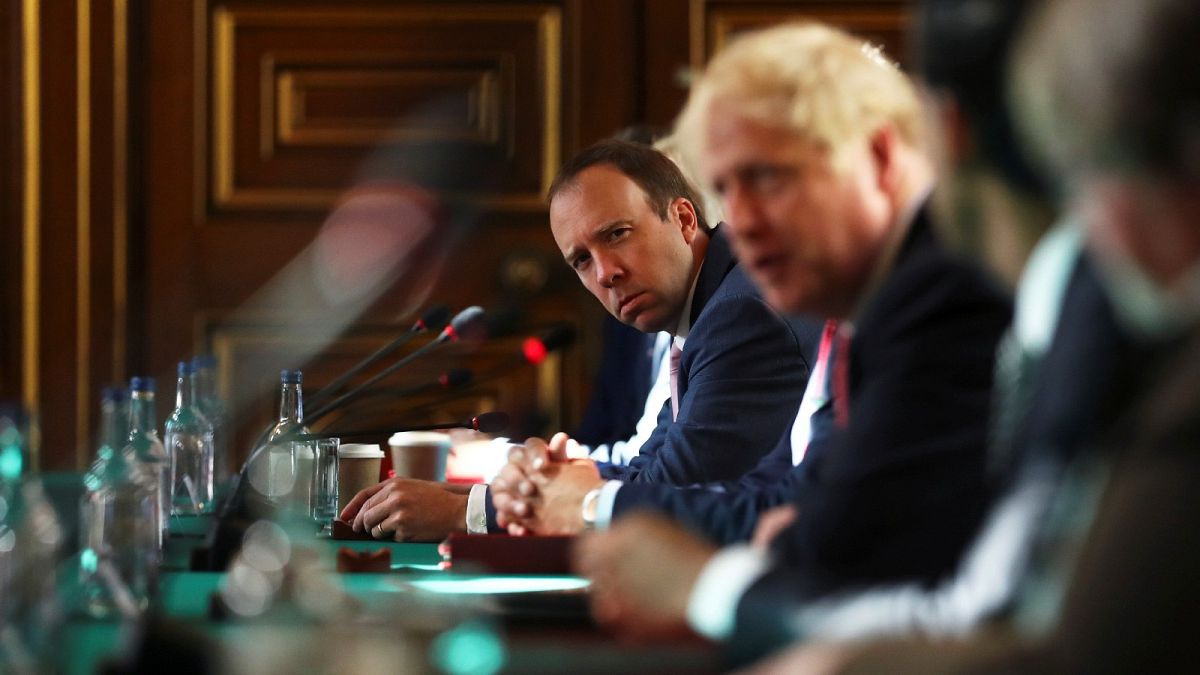Obese people have 40% to 50% more chance of dying from COVID-19, data from the UK's testing programme for the virus has shown.
The UK has waged a war on junk food as it announced a set of measures to cut the country's obesity rate, a problem costing the national health service (NHS) over €6.7 billion a year.
According to government figures, 63% of adults in England are overweight or obese, as well as 1 in 3 children leaving primary school.
Authorities defined the issue as a "time-bomb" — one that could explode during the coronavirus crisis, with the UK Europe's worst-affected country totalling over 45,000 fatalities.
Data published by the director of the UK's COVID-19 testing programme showed that the risk of dying from the virus increases 40% to 50% higher for obese people, which includes individuals with a body mass index (BMI) over 30.
Data also showed 8% of patients in intensive care units critically ill with COVID-19 were morbidly obese.
The package announced by the government includes a set of measures to help people be more aware of their food and drink choices as well as to encourage healthier lifestyles.
Online and TV adverts for food high in fat, sugar and salt will be banned before 9 pm "when children are most likely to see them," the government said.
"Buy one get one free" offers for unhealthy food will be restricted in shops, encouraging commerce "to promote healthier choices and offer more discounts on food like fruit and vegetables."
Restaurants, cafes and takeaways with more than 250 employees will be required to add calorie labels to the food they sell.
Alcohol will also be subject to calorie labelling, as alcohol consumption accounts "for nearly 10% of the calorie intake of those who drink" — something most people (80%) are unaware of, according to the data.
The new health plan also includes enhancing the NHS' weight management services, for example, launching more self-care apps and online tools for people with obesity-related conditions, as well as "accelerating the NHS Diabetes Prevention Programme.
Prime Minister Boris Johnson has acknowledged "losing weight is hard" but encouraged citizens to do their bit in order "to reduce our health risks and protect ourselves against coronavirus — as well as taking pressure off the NHS".
Health Secretary Matt Hancock said these are "bold" measures to "give people the right information" about the food they're eating and help them "make good decisions."
